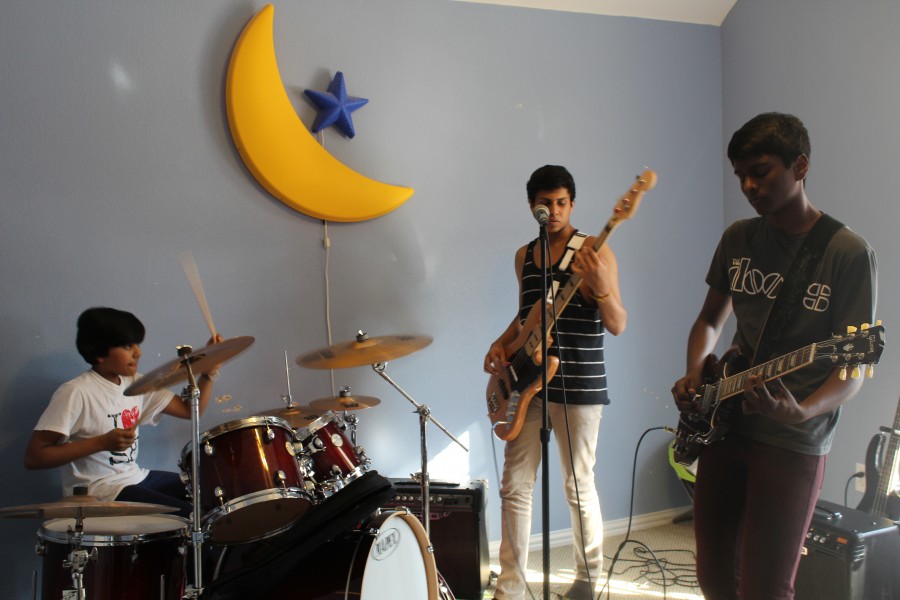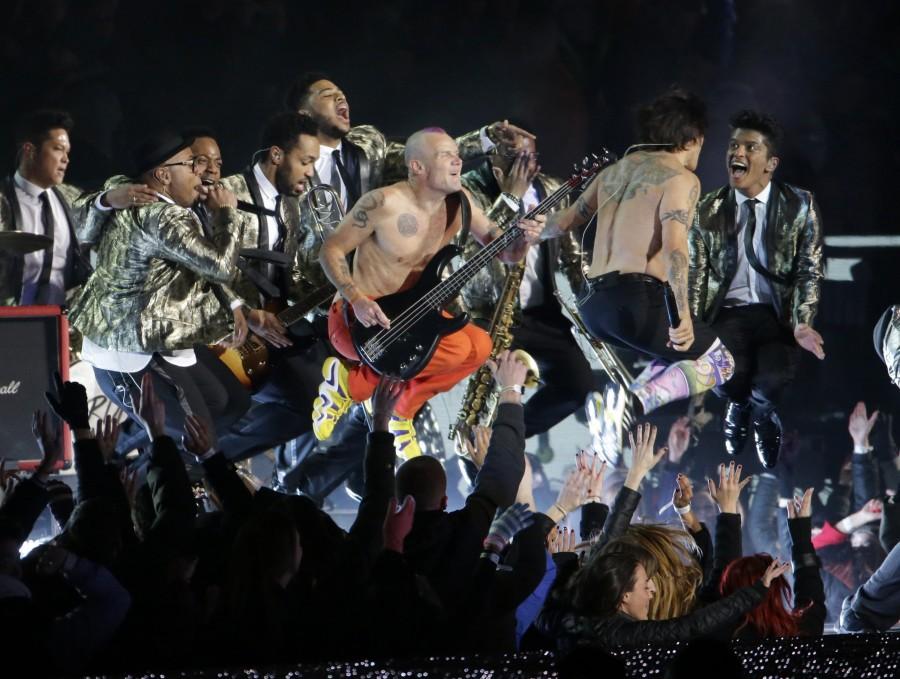By: Chris Cummins
Staff Writer
While some may be enamored by a certain billionaire skewering biopic and the ensuing critical acclaim, others may take the news of The Social Network’s praise as a chance to revisit their own, more personal cinematic favorites. For this staff writer, Wes Anderson’s classic film, Rushmore, has loomed large within the annals of my favorite films. Partially autobiographical and set in an unnamed locale, Wes Anderson creates an immensely personal and quirky film that, if a bit structurally flawed, has high ambitions and makes up for its defects through its sheer idiosyncrasies and lovable eccentricity. It is an excellent film, though not for those with a need for optimism. His characters are paradoxically allegorical, while being utterly unique. They are all flawed, in one form or another, their past seemingly defining their present, and their future. The cast moves from one monochrome environment to another, each resting themselves upon Mr. Anderson’s finely detailed sets, people moving to a terrible rhythm, damned to a set path, as if they are mere players on an infinite stage. Mr. Anderson is clever enough to allow a sliver of light, however slight, to burst upon their pallid horizon, and let us hope, even if they do not. The movie is a mass of contradiction, hope and pain rolled into one, and what’s surprising is that it seems so very happy, as if its fallacy allows it to remember its good, and be lightened because of it. It ends on a hopeful note, as a regular movie might be expected to, but in a manner that is wholly cautioned; the cast is wiser, older, and more stable, but more tarnished, and their dreams and reality are somewhat more mundane because of it.
Some of the best bits can be found here: http://www.youtube.com/watch?v=yly2UDQp6fc






